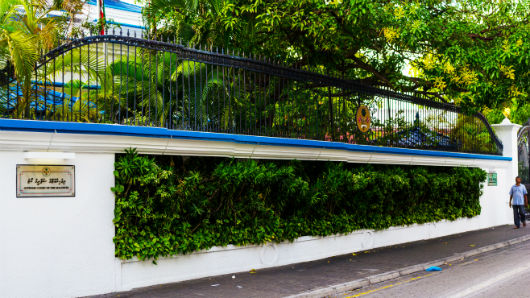Supreme court approval required for underage marriage
The supreme court has introduced new rules requiring the family court to seek its approval before registering marriages involving minors. In accordance with Islamic sharia, the Maldives’ family law allows children under the age of 18 who have reached puberty to get married with a special permission from the family court.

21 Sep 2016, 09:00
The supreme court has introduced new rules requiring the family court to seek its approval before registering marriages involving minors.
In accordance with Islamic sharia, the Maldives’ family law allows children under the age of 18 who have reached puberty to get married with a special permission from the family court.
The Registrar of Marriages has the discretion to grant approval “upon having considered the person’s physical well-being, competence to maintain a livelihood, and reasons for contracting the marriage,” according to the Family Act.
The regulations under the law previously authorised the family court based in the capital to register underage marriages after consulting with the gender ministry.
Become a member
Get full access to our archive and personalise your experience.
Already a member?
Discussion
No comments yet. Be the first to share your thoughts!
No comments yet. Be the first to join the conversation!
Join the Conversation
Sign in to share your thoughts under an alias and take part in the discussion. Independent journalism thrives on open, respectful debate — your voice matters.




